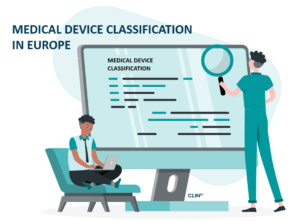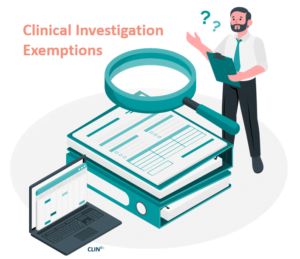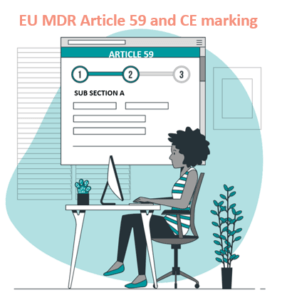
UKCA MHRA International Regulation Framework
On 21 May 2024, the MHRA published a Statement of policy intent: international recognition of medical devices update. This exciting development means that MHRA will start accepting medical devices that already meet EU, USA, Australian, and Canadian regulations with conditions. CLIN-r+ explains the succession of events that has brought us to this point and what the future holds for manufacturers entering the UK market.









